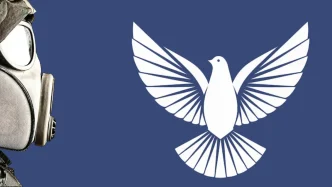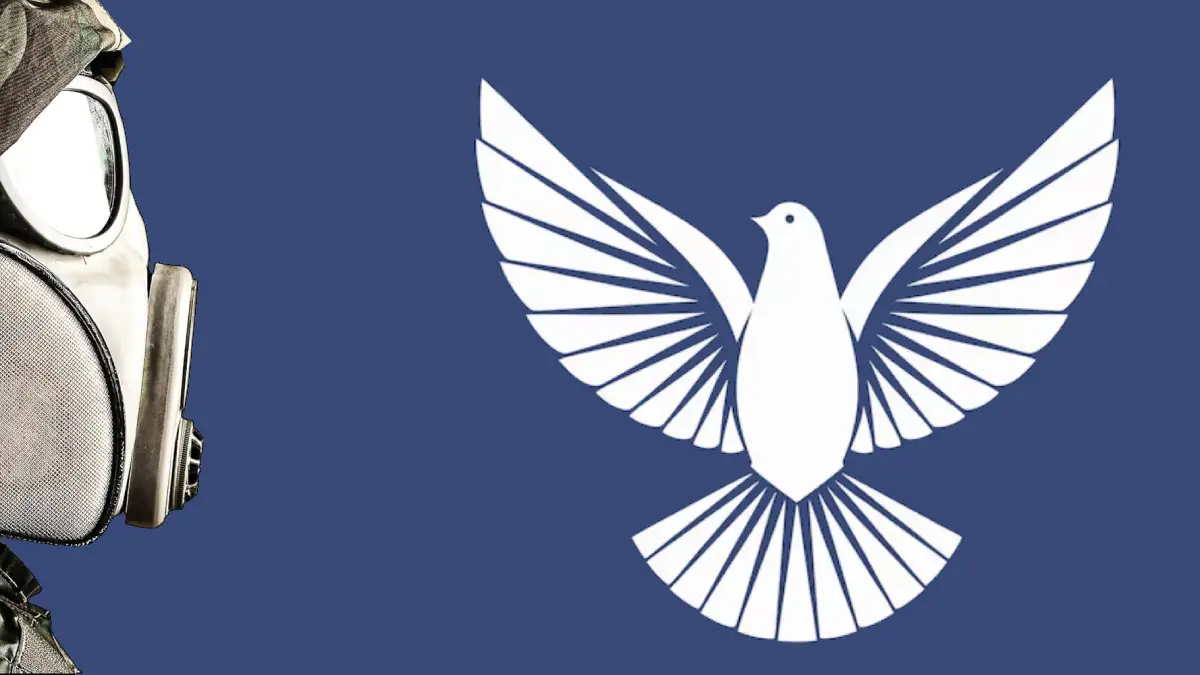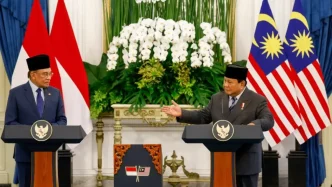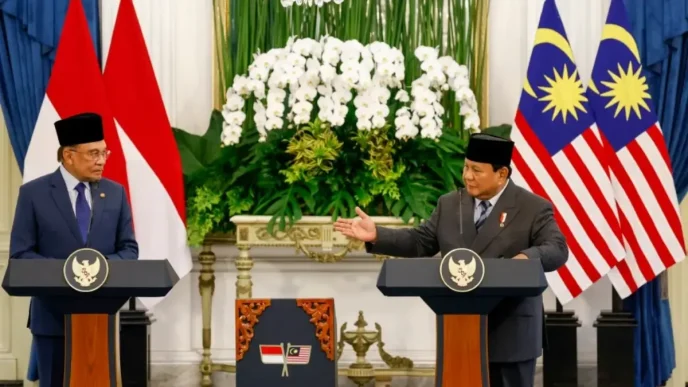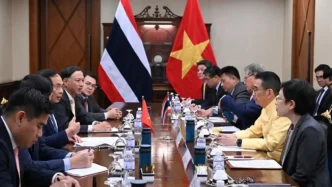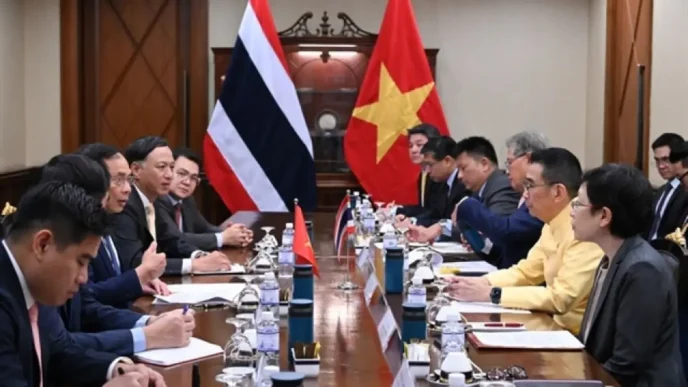Bangkok has issued a strong rebuttal to accusations from Cambodia implicating Thailand in the use of chemical weapons, following a recent border incident in Sisaket province. The Thai Foreign Ministry described the claims as baseless and part of a broader campaign of disinformation aimed at tarnishing Thailand’s international reputation. The denial comes amid heightened tensions between the two neighbors, sparked by a fire at a convenience store near the border, which Cambodian authorities have attributed to artillery fire.
Incident at the Border
On July 25, 2025, a fire caused significant damage to a 7-11 convenience store located at a PTT gas station in Thailand’s Sisaket province, near the border with Cambodia. Cambodian officials have pointed to artillery fire as the cause, escalating tensions in an area long marked by sporadic disputes over territory and military presence. Images of the destruction, widely circulated by international media, underscore the physical and symbolic impact of the incident on Thai-Cambodian relations.
The border region between Thailand and Cambodia has a history of friction, with both nations maintaining a delicate balance of diplomacy and military posturing. Sisaket province, in Thailand’s northeast, lies close to the contentious Preah Vihear temple area, a UNESCO World Heritage site that has been a flashpoint for conflict in the past. While the current incident does not appear to be directly linked to the temple dispute, it has reignited concerns over stability in the region.
Thailand’s Official Response
In a statement on July 29, 2025, Nikorndej Balankura, Director-General of the Department of Information and spokesperson for Thailand’s Foreign Ministry, categorically rejected the allegations of chemical weapons use. “Thailand remains fully committed to its obligations under the Chemical Weapons Convention (CWC)” Nikorndej said on July 29, 2025. “Our position has always been clear: we condemn the use of chemical weapons anywhere, by anyone, under any circumstances.”
He further emphasized Thailand’s longstanding adherence to international agreements, noting that since becoming a State Party to the CWC in 2003, the country has worked closely with the Organisation for the Prohibition of Chemical Weapons (OPCW) and other signatories to uphold its commitments. The spokesperson described the accusations as not only unfounded but also indicative of a pattern of disinformation intended to discredit Thailand on the global stage.
The Foreign Ministry’s statement reinforced this position, arguing that such claims undermine constructive dialogue between the two nations and erode Thailand’s credibility in the eyes of the international community. Thai officials have called for an impartial investigation into the border incident to establish the facts and prevent further escalation.
Cambodian Claims and Disinformation Concerns
Adding to the complexity of the situation, reports have emerged of a false image circulating on social media, allegedly shared by the wife of Cambodian Prime Minister Hun Manet, accusing Thailand of using poison gas in the border region. While the image and its origins remain unverified through primary sources, its spread has fueled public speculation and heightened diplomatic friction. Thai authorities have refrained from directly addressing the social media post, focusing instead on their broader denial of chemical weapons use.
Disinformation has become a growing concern in Southeast Asia, where social media platforms often amplify unverified claims during periods of political or military tension. Both Thailand and Cambodia have faced challenges in managing narratives around their shared border, with historical grievances and nationalist sentiments occasionally exacerbating disputes. The current allegations of chemical weapons use, if left unchecked, risk further polarizing public opinion in both countries.
Historical Context of Thai-Cambodian Relations
The relationship between Thailand and Cambodia has been shaped by centuries of territorial disputes, cultural overlaps, and intermittent conflict. The Preah Vihear temple, located on the border, has been a particular point of contention since a 1962 International Court of Justice ruling awarded sovereignty to Cambodia, a decision that continues to stir debate in Thailand. Military clashes in the area, most notably between 2008 and 2011, resulted in casualties on both sides and drew international attention to the fragility of peace in the region.
Beyond the temple dispute, smaller-scale incidents along the border have periodically strained relations. Smuggling, illegal logging, and cross-border skirmishes involving local communities or security forces are not uncommon. The July 25 fire in Sisaket province, while seemingly isolated, fits into this broader pattern of mistrust and misunderstanding between the two governments.
Efforts to improve ties have included bilateral talks, joint border committees, and cultural exchanges, often mediated by regional bodies like the Association of Southeast Asian Nations (ASEAN). However, progress has been slow, with domestic political pressures in both countries sometimes derailing diplomatic initiatives. Thailand’s insistence on its compliance with international norms, as articulated in the recent statement, reflects a desire to position itself as a responsible regional actor amid these challenges.
International and Regional Implications
The allegations of chemical weapons use, though unverified, carry significant implications for regional stability and international perceptions of both Thailand and Cambodia. The Chemical Weapons Convention, to which both nations are signatories, prohibits the development, production, stockpiling, and use of chemical weapons, with strict mechanisms for verification and enforcement. Any suggestion of non-compliance, even if unfounded, can trigger diplomatic repercussions and calls for investigation by bodies like the OPCW.
Within ASEAN, the incident risks complicating the bloc’s efforts to promote unity and conflict resolution among member states. Thailand and Cambodia, as neighboring countries, play a critical role in maintaining the region’s geopolitical balance, particularly in light of broader challenges such as China’s influence in the Mekong subregion and ongoing tensions in the South China Sea. A protracted dispute over the border incident could distract from these larger issues and weaken ASEAN’s collective voice.
Internationally, Thailand’s firm denial aligns with its broader foreign policy objective of maintaining a positive image as a stable and law-abiding state. The country has historically sought to balance its regional ambitions with a commitment to global norms, whether through participation in peacekeeping missions or adherence to treaties like the CWC. Cambodian claims, if pursued without evidence, may draw scrutiny from other signatories to the convention, potentially isolating Phnom Penh diplomatically.
Challenges of Verification and Dialogue
Establishing the truth behind the Sisaket incident and the related allegations remains a formidable challenge. Independent verification of the fire’s cause, as well as the nature of any military activity in the area, will require cooperation between Thai and Cambodian authorities—cooperation that appears unlikely in the current climate of mutual suspicion. International observers, including ASEAN mediators or UN representatives, could play a role in facilitating dialogue, though neither side has yet requested such intervention.
The circulation of unverified images and claims on social media further complicates the situation, as it blurs the line between fact and speculation. Governments in the region, including Thailand, have increasingly recognized the need to combat disinformation through public awareness campaigns and stricter regulations on online content. However, balancing these measures with freedom of expression remains a contentious issue, particularly in countries with histories of political censorship.
Looking Ahead
As the fallout from the Sisaket incident continues to unfold, the path to de-escalation will depend on both Thailand and Cambodia’s willingness to prioritize dialogue over recrimination. Thailand’s unequivocal rejection of the chemical weapons allegations sets a firm tone, but it also underscores the need for transparency and accountability on both sides of the border. Whether this latest flare-up will lead to meaningful engagement or further entrench divisions remains an open question.
For now, the people of Sisaket province, and their counterparts across the border, bear the immediate consequences of heightened tensions. The damaged convenience store stands as a stark reminder of the fragility of peace in contested regions, where even small sparks can ignite larger conflicts. As diplomatic efforts continue, the international community will be watching closely, hoping for a resolution that prevents further escalation and preserves stability in Southeast Asia.

